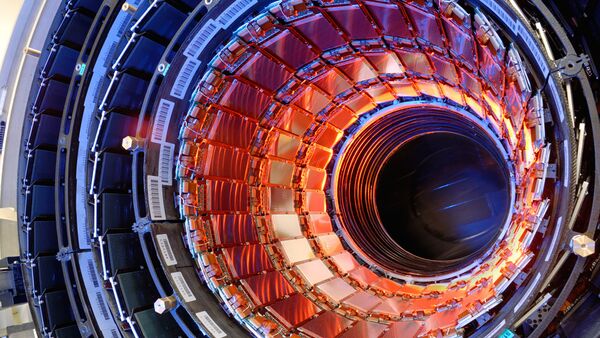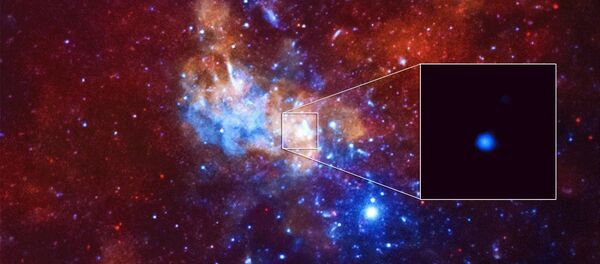Martin Rees, a big-name British cosmologist who has been serving as the Royal Astronomer of England since 1995, has warned that a failed experiment in particle accelerators could lead to mind-boggling consequences and wipe out humanity.
In his latest book, "On The Future: Prospects for Humanity," which reflects on possible scenarios and existential risks that mankind is facing, Rees argues that experiments smashing subatomic particles together at speeds close to the speed of light — like those conducted in the LHC — could create a disastrous black hole on Earth.
"Maybe a black hole could form, and then suck in everything around it," the 76-year-old astronomer wrote, warning of another gloomy scenario. "The second scary possibility is that the quarks would reassemble themselves into compressed objects called strangelets."
Strangelets are hypothetical chunks of strange quark matter that could ignite a chain reaction converting ordinary matter into strange matter.
"Under some hypotheses a strangelet could, by contagion, convert anything else it encounters into a new form of matter, transforming the entire Earth in a hyper dense sphere about one hundred meters across."
Reese cited speculations that the concentrated energy generated when particles collide could "trigger a ‘phase transition' that would rip the fabric of space," warning that this would be a calamity for all of space and not just our planet.



